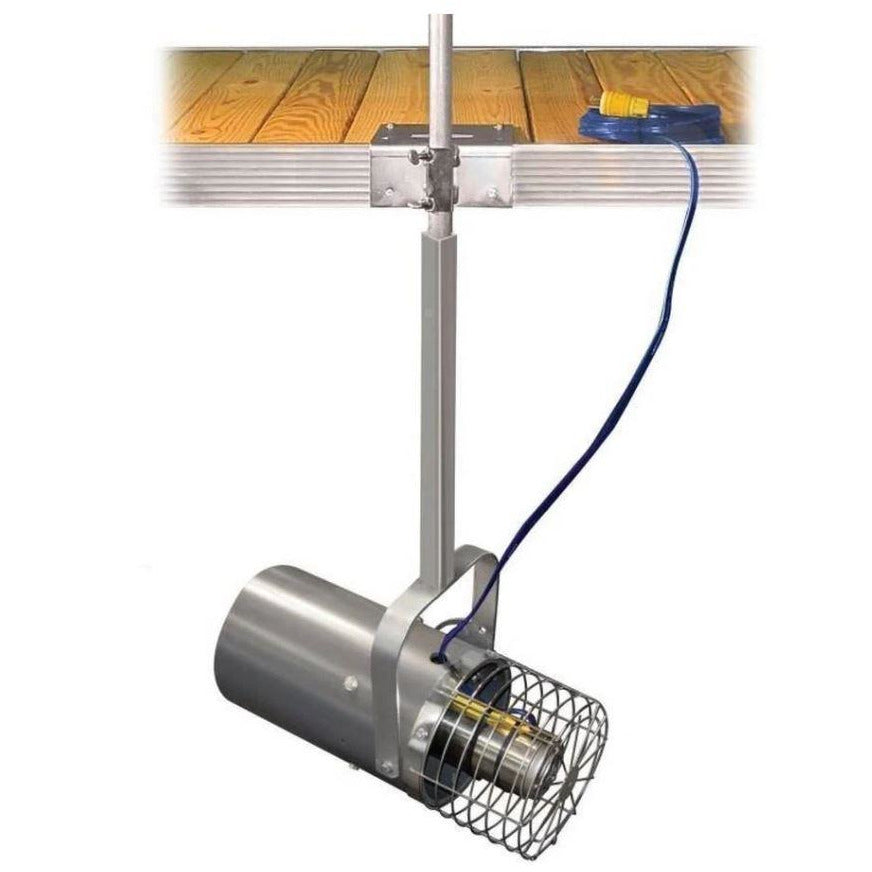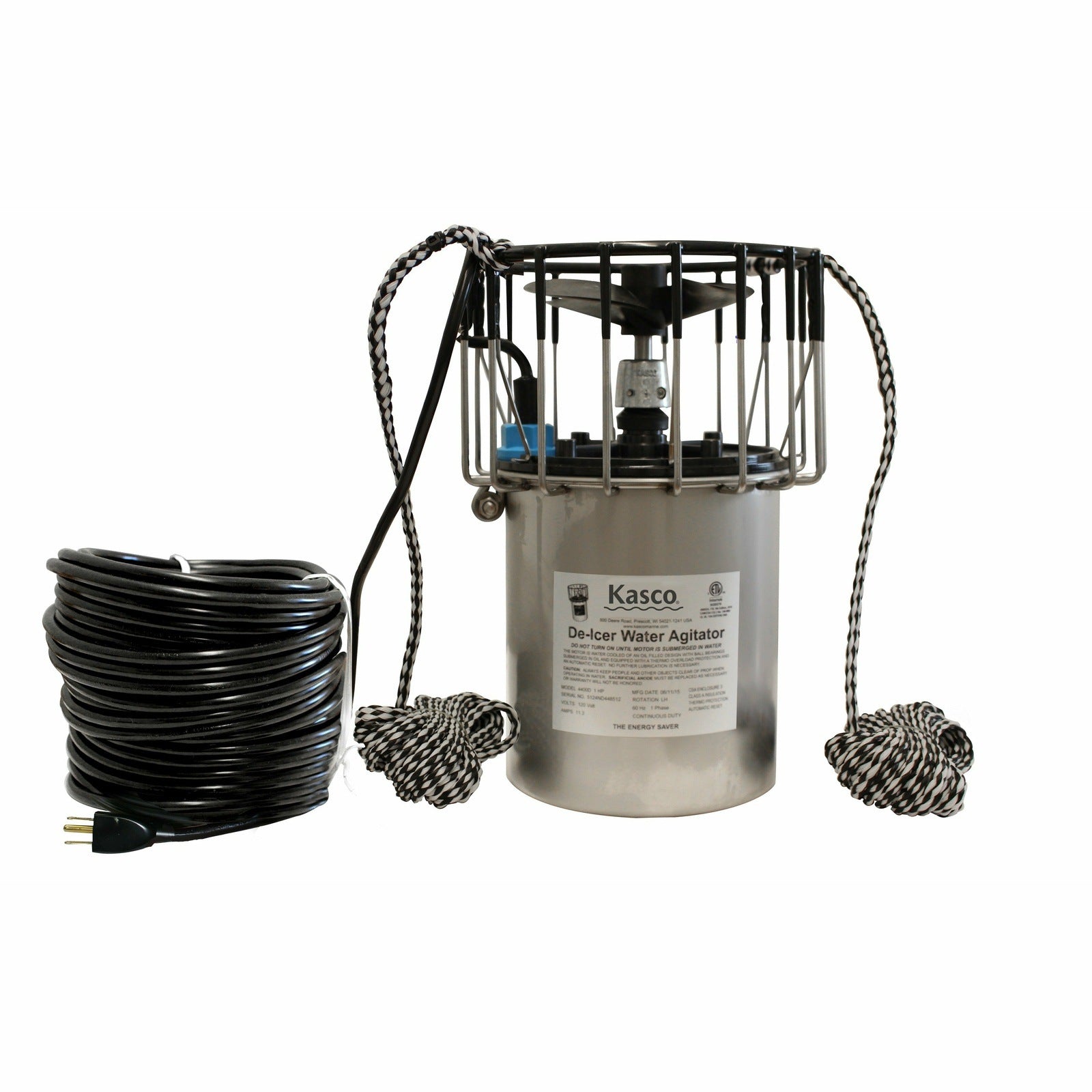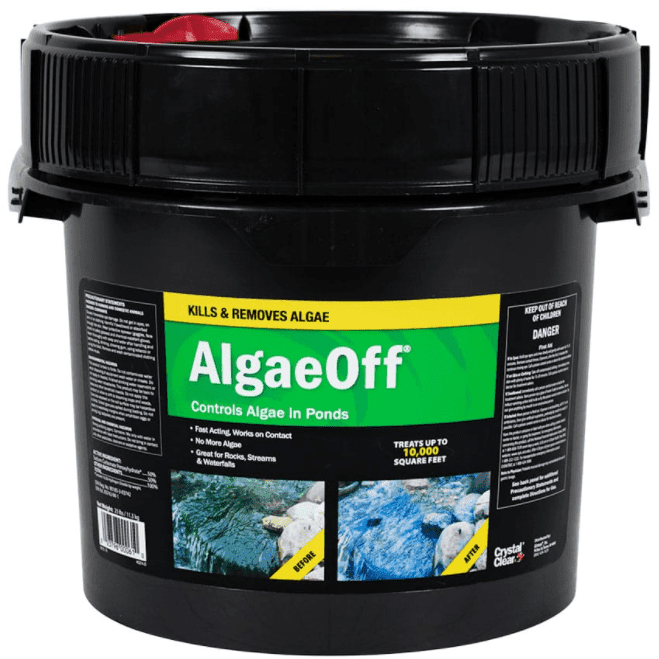Brown water in your pond can be frustrating, especially when you’re used to seeing sparkling clear water. Unlike green water, which often indicates algae, brown water is usually caused by organic matter or sediment that clouds your pond. This typically happens during late summer or fall when debris accumulates or after heavy activity in the pond.
Why Pond Water Turns Brown
There are usually two main reasons for brown pond water:
1. Tannin Build-Up: When leaves, pine needles, or other plant matter fall into your pond, they release tannins as they break down. These natural compounds can turn your water a tea-like brown. This is often the most common cause of brown water in koi ponds.
2. Disturbed Sediment: Ponds with soft bottoms or fine particles can develop brown water if the sediment is stirred up. Fish swimming, wind, or pumps and aerators can lift particles into the water, making it cloudy or brown.
How to Check the Cause
You can perform a simple test. Fill a clear glass or jar with water from your pond and leave it undisturbed for 24 hours.
- If the water remains brown but clears at the bottom, tannins are likely the cause.
- If the water becomes clear and sediment settles at the bottom, your pond has a sediment problem.
Steps to Clear Brown Pond Water
Once you know what’s causing the discoloration, you can treat it effectively:
- Remove Debris: Start by cleaning out leaves, twigs, and organic matter from your pond. A pond skimmer or vacuum works well to get rid of surface and bottom debris.
- Partial Water Change: Replacing 10–25% of the pond water with fresh water can help dilute brown water and improve clarity. Be sure to use a water conditioner if you have fish.
- Add Beneficial Bacteria: For sediment problems, adding pond-safe bacteria can help break down organic matter. This reduces sludge and keeps the pond water clear over time.
- Use Carbon Filtration: For tannin-related brown water, adding activated carbon to your pond filter can absorb the discoloration and help restore clear water.
Preventing Brown Water
To keep your pond clear in the long run:
- Remove leaves and debris regularly using a pond skimmer or vacuum.
- Consider pond netting during the fall to prevent leaves from falling in.
- Maintain proper filtration and aeration to reduce sediment build-up.
- Regularly check water quality and perform small water changes when needed.
By following these steps, you can enjoy a clean, clear pond year-round. If you need guidance on products or pond care techniques, consult your local pond expert or supplier.
Conclusion
Brown pond water is usually a sign of either tannins from fallen leaves or disturbed sediment. By identifying the cause and taking the right steps, cleaning debris, performing partial water changes, adding beneficial bacteria, or using carbon filtration, you can restore your pond to clear, healthy water. Regular maintenance and preventive measures, such as skimming leaves and protecting the pond during fall, will keep your water looking great year-round. Clear water not only improves the beauty of your pond but also supports the health of your fish and plants.
FAQs
1. Why is my pond water brown all of a sudden?
Brown water is usually caused by tannins from decomposing leaves or stirred-up sediment. Seasonal changes or recent pond activity can make this more noticeable.
2. How long does it take for brown pond water to clear?
It depends on the cause. Tannin-stained water may take several days with activated carbon, while sediment-related brown water can clear within a day or two after cleaning and using beneficial bacteria.
3. Can I still keep fish in brown water?
Yes, but it’s best to treat the water as soon as possible. Brown water itself isn’t usually harmful, but underlying debris or poor water quality can stress fish over time.












